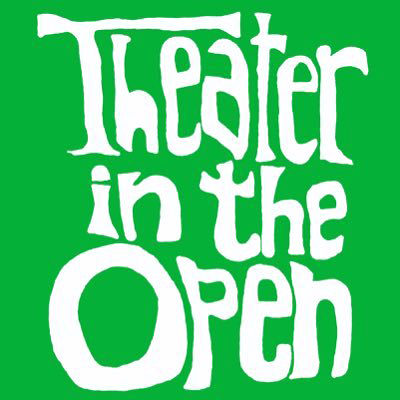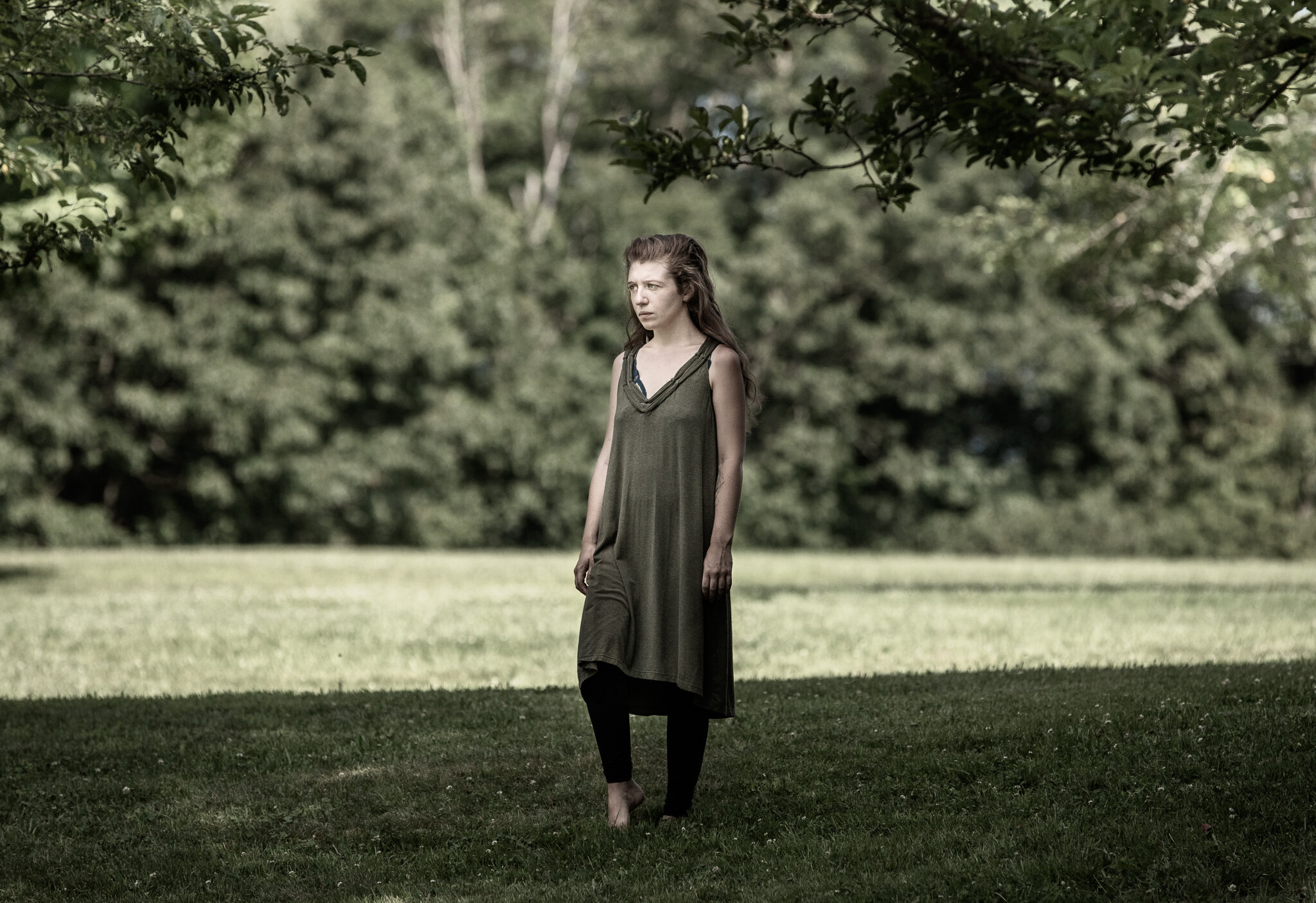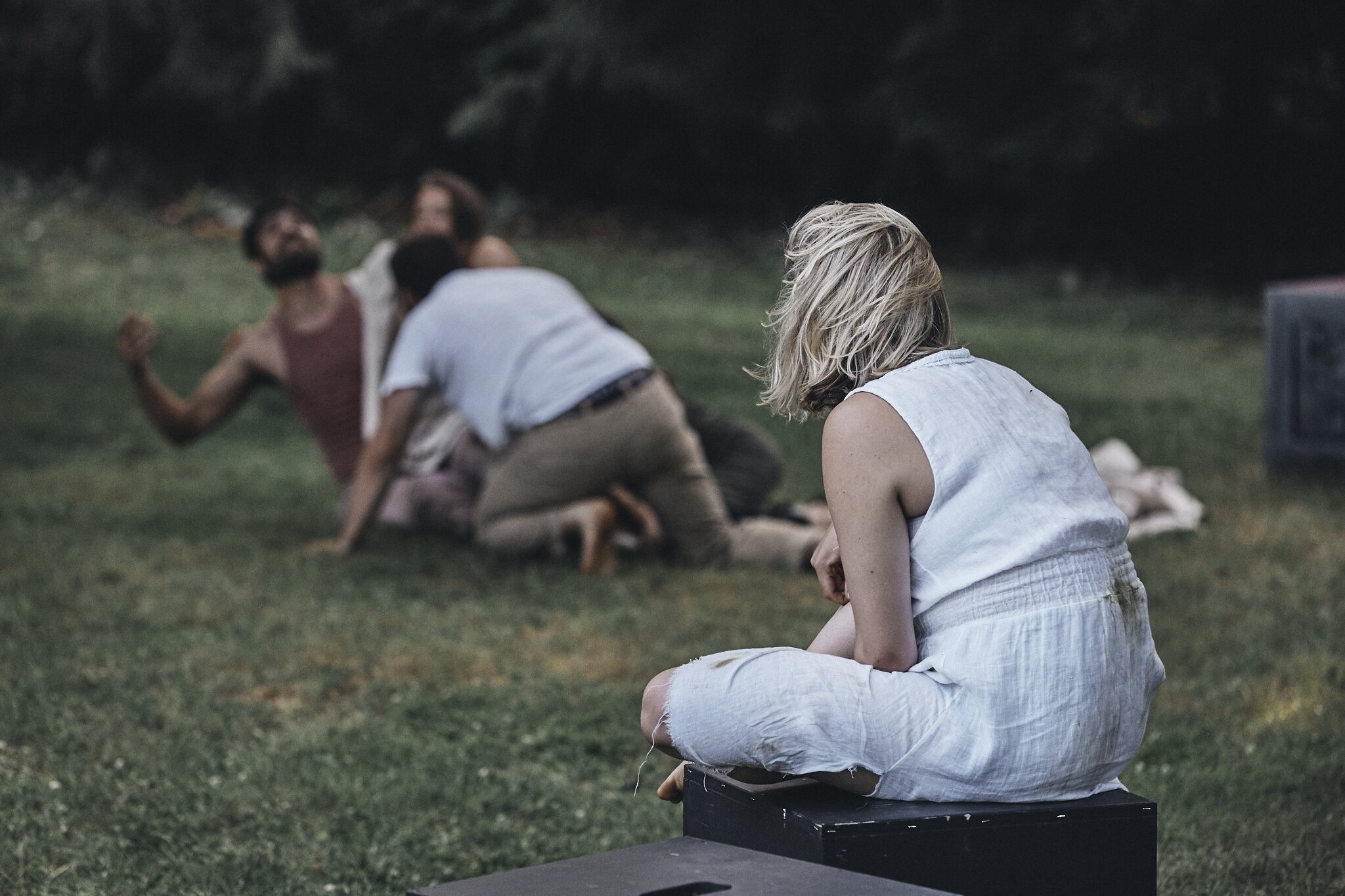
2019 Program
Cast
Prospero …. Paul Wann Miranda …. Hannah Beebe Ferdinand …. Peter Walsh Ariel …. Olivia Z. Cote Ariel …. Frances Hellums Caliban …. Edward F. Speck Alonso …. Sierra Gitlin Antonio …. Miguel Velasquez Sebastian …. Michael Blunt Gonzalo …. Bonniejean Wilbur Francisco …. Adam DeCoste Trinculo …. James Lindberg Stephano …. Morgan Rose Ford Iris/Adrian/Master …. Willow Lautenberg Player …. Kate Ventimiglia Player …. Allegra Larson
Production Staff
Director …. Stephen Haley Stage Manager ….Maddison Shea Company Manager …. Dylan C. Wack Costumes …. Sierra Gitlin, Bonnie Jean Wilbur, Cailin McFarland Choreography …. Erin Staffiere Music …. Frances Hellums, Olivia Z. Cote Poster & Program Art …. Stephen Haley
Special Thanks
We want to express our gratitude for the help and support of Jeff Page, Evelyn Kovach, the Massachusetts Cultural Council, Boston Playwright’s Theatre, Kate Snodgrass, Judith Chaffee, The Dance Place, and the Huntington Theatre Company.
Director’s Note
The Tempest was one of the last plays that Shakespeare wrote. So, it comes at a time when he was as far down the road of life as living would take him. Some say it was it his swan song. But don't you believe it. Shakespeare was not a man to stop and smell the roses. He was the rose. But he was a working rose. A thorny rose. A rose yet to bloom. As Prospero says over and over again in The Tempest, there's more work to be done. And so he pressed on in search of the one rose. That is, a world of actual value where time is not merely a form of erasure, but rather a quality of endurance.
To begin again. That was Shakespeare's project. Always already to begin again. Endurance doesn't mean that one merely endures. There's no quality in that mindset. No temper. No tempest. No storm or stress. No way out or in when it comes to living. The higher virtue is not in what we accrue on the road of life, but rather of what we let go of. Every day to begin again. For as The Tempest teaches us, the world is not a given. You can point your finger at it all you want, but that doesn't mean that the world you're pointing to is out there. The eye is a marvelous instrument, but the eye is not what you see with. It's simply the means by which you see. Listen carefully to any one of the characters in our play today and you'll hear that no two characters have the same view of the island. The island is in the eye of the beholder. But is there any beauty in that? Looking out at the world we see only what is within. Who shaped that view? Was it our school books? Our holy books? The book of the angry child? The book of Dollar? What books shape our world?
Kiss the book. "Full fathom five thy father lies, / Of his bones are coral made; / Those are pearls that were his eyes; / Nothing of him that doth fade, / But doth suffer a sea-change / Into something rich and strange." The magic of this world we live in is the enduring effect of our inability to see it, or to understand it, or even, more tragically, to suffer it. We are the mystery we seek. Yet there is always more work to do. There is always already more. For Shakespeare it meant that he had to begin again. Even at the end of the road, at the close of the book where his own inflections took on the sweet air of innuendos.
A Note from the Artistic Director
This is the third time in our company’s forty years that we have staged The Tempest, the second in my ten years as Artistic Director. I suppose it is a favorite among theater professionals because it is a play about plays, about the power of art to deceive, to charm, and to transform. That’s a favorite theme of ours, understandably. Like Barrie’s Neverland and Scrooge’s Christmas Eve visitations, the isle of the Tempest provides space for the lost, the broken, the closed off and resentful, in other words, all of us, to learn and to heal. We always hope that the art we produce offers that space. Space to leave our everyday concerns long enough to process them and the deeper concerns we’ve been setting aside for later. It is a spell we attempt to cast. Sometimes it works.
Importantly however, it is not a gift that we bestow from a privileged height; Shakespeare was a man of the people, and we need the transformative power of the spell as much or more than our audience. Prospero calls up the storm in order to wreak his revenge upon the hapless audience that has stumbled into his power, but it is he who is most deeply affected and transformed through his playmaking. That is the gift the audience brings. The gift that appears when many gather together in a ring, and cast a spell, and make a space for the imagination to transform us all.
In forty years our city has changed.Our country has changed.But human nature has not, at least since Prospero’s day, and the hard work of self-reflection and self-transformation is as necessary today as ever.Thank you for forty years with us.May we all leave the island better than we were, better prepared for the difficulties to come, more human, and more humane.




